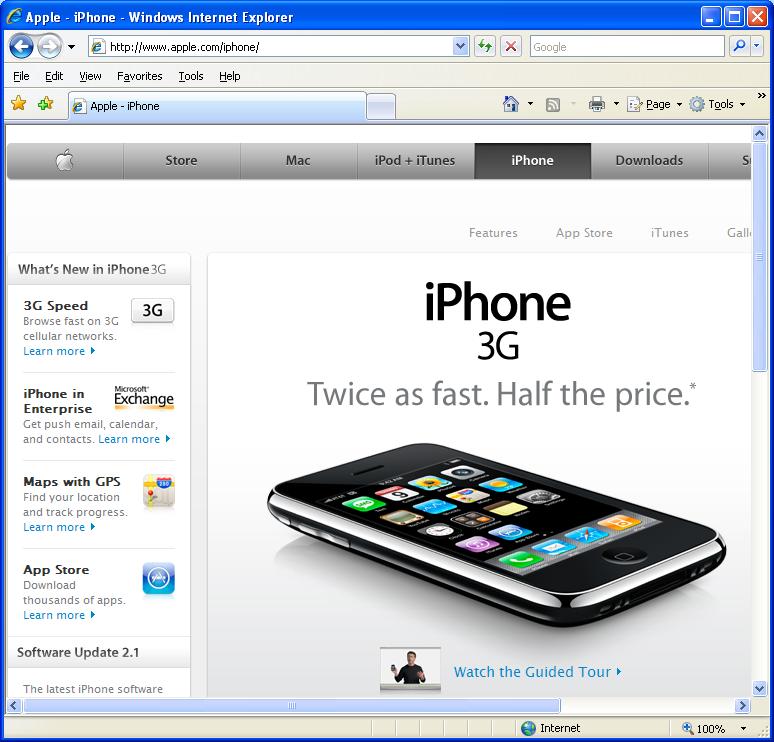The incoming Obama administration plans to explore a more regional strategy to the war in Afghanistan -- including possible talks with Iran -- and looks favorably on the nascent dialogue between the Afghan government and "reconcilable" elements of the Taliban, according to Obama national security advisers.
President-elect Barack Obama also intends to renew the U.S. commitment to the hunt for Osama bin Laden, a priority the president-elect believes President Bush has played down after years of failing to apprehend the al-Qaeda leader. Critical of Bush during the campaign for what he said was the president's extreme focus on Iraq at the expense of Afghanistan, Obama also intends to move ahead with a planned deployment of thousands of additional U.S. troops there.
The emerging broad strokes of Obama's approach are likely to be welcomed by a number of senior U.S. military officials who advocate a more aggressive and creative course for the deteriorating conflict. Taliban attacks and U.S. casualties this year are the highest since the war began in 2001.
Some military leaders remain wary of Obama's pledge to order a steady withdrawal of combat forces from Iraq, to be completed within 16 months -- an order advisers say Obama is likely to give in his first weeks in office. Adm. Michael Mullen, chairman of the Joint Chiefs of Staff, has called a withdrawal timeline "dangerous." Others are distrustful of a new administration they see as unschooled in the counterinsurgency wars that have consumed the military for the past seven years.
But conversations with several Obama advisers and a number of senior military strategists both before and since last Tuesday's election reveal a shared sense that the Afghan effort under the Bush administration has been hampered by ideological and diplomatic constraints and an unrealistic commitment to the goal of building a modern democracy -- rather than a stable nation that rejects al-Qaeda and Islamist extremism and does not threaten U.S. interests. None of those who discussed the subject would speak on the record, citing sensitivities surrounding the presidential transition and the war itself.
As Obama begins to formulate his Afghan war policy, some senior military strategists have begun to question the U.S. commitment to Afghan President Hamid Karzai, who is expected to run for reelection next year but is widely considered weak and ineffective. Some European and NATO officials have suggested that an assembly of tribal elders should select the country's next leader, an idea the State Department has rejected.
Obama advisers have emphasized that a sharper focus on al-Qaeda does not mean pulling back on the Afghan ground war. Obama called early in the campaign for deploying two or three additional U.S. combat brigades to Afghanistan. Bush has already approved such an increase, although the timing of the deployments, likely to begin next spring, depends on the drawdown of forces from Iraq.
Defense Secretary Robert M. Gates and Mullen, frustrated by the performance of NATO allies whose troops make up more than half the total foreign force in Afghanistan, have already planned for a more overt and forceful U.S. leadership role in the war, as well as more direct involvement by U.S. forces in fighting the Taliban in southern and western Afghanistan.
Some NATO military officials said enhanced U.S. leadership would be welcome, as long as it was not seen as a "takeover bid," said one senior European officer whose country has troops fighting as part of the NATO coalition in Afghanistan. While the U.S. military has long criticized some NATO members for lacking combat zeal and expertise in Afghanistan, many European officers resent what they see as U.S. arrogance.
The NATO officer suggested that Obama, whose election was greeted with wide approval in Europe, may have more success than Bush in persuading other alliance members to increase their fighting forces in Afghanistan. "I think you'll find the new president would then be able to persuade a number of European nations who have not liked this administration's way of doing business to come in behind them," he said.
At Mullen's direction, the map of the Afghanistan battle space is being redrawn to include the tribal regions of western Pakistan. U.S. military and intelligence leaders have delivered forceful messages to Pakistani officials on the need to step up attacks against Taliban and al-Qaeda sanctuaries in their territory.
Obama, advisers said, plans to intensify the U.S. military and intelligence focus on al-Qaeda and bin Laden. Intelligence officials say the search is already as intensive as ever, even as they emphasize that the decentralized al-Qaeda network would remain a threat without him. Bush administration officials have publicly played down the importance of a single individual in the broad sweep of their anti-terrorism offensive.
'World News' 카테고리의 다른 글
| Pakistan says $7.6 billion IMF loan agreed By ASHRAF KHAN , 11.15.08, 07:13 AM EST (0) | 2008.11.16 |
|---|---|
| Afghan girl begs for bread, prays for help (0) | 2008.11.15 |
| Triple Bombing Kills at Least 28 in Iraq (2) | 2008.11.11 |
| Taiwan makes surprise rate cut again to spur econom (0) | 2008.11.10 |
| Germany marks pogrom that led to Holocaust (0) | 2008.11.10 |







